Driving down our single-lane dirt road from the house has been interesting lately. If you’re leaving early enough, you will probably encounter 3-5 deer on your way.
It amazes me that they stand there looking at the car like they have never seen one before.
This reminds me of the two big things that freeze salespeople in their tracks; conversational resistance and objections.
Notice I list those separately.
Conversational Resistance happens early in prospecting, for whatever reason they give – the other person is NOT interested in starting a conversation (quick reminder, the UpYourTeleSales definition of a conversation = exchange of ideas between people).
While later in the sales process, people may have legitimate objection(s) to doing business with you.
If you’re on board with my idea that conversational resistance is different from objections, here are the top 10 reasons prospects are thinking about resisting:
- Waste of my time.
- I probably don’t buy what they’re selling.
- * eyeroll * another sales call.
- No time to spare.
- There’s never anything compelling.
- They never shut up.
- They never listen.
- I just can’t think about ____ now.
- I’m not unhappy with my vendor.
- Changing vendors is a pain in the A$$.
Of course, that doesn’t include everything – it’s just a sample of answers from my customers this week when I asked them!
Then why does conversational resistance FEEL like an objection?
I am not a neuroscientist – nor do I know any… luckily I do have a well-worn and tab-full copy of Colleen Stanley’s Emotional Intelligence for Sales Success! Chapter 5 is all about Expectations.
Managing your own expectations about a meeting is an equally important part of a successful business relationship.
Too many salespeople go into a sales meeting with the wrong intention: to close business.
…. Go into a sales meeting with a different intent: to seek the truth and do the right thing. Lose the attachment to the outcome of the meeting and get comfortable hearing either a yes or a no.
What to do?
1st – self-check: are you attached to hearing a yes, not the truth?
2nd – listen: what are your prospects ACTUALLY saying?
Part ONE
- First, over the next week as you’re making your calls – what resistance do you hear? Write down their actual words, not your perceptions or feelings.
- See if they fit into general categories/themes.
Part TWO
- IF the majority of the resistance you hear falls into one (or maybe two) themes: What needs to be modified at the very beginning of your opening statement that would reduce the likelihood of getting resistance?
3rd – acknowledge & ask a question: have a plan and follow it EVERY time!
ACKNOWLEDGE
The #1 reason you need to acknowledge you’ve heard the resistance is to not be lumped into the stereotype of the salesperson who never listens!
The #1 reason salespeople who go through my training don’t want to is they confuse acknowledging they’ve heard someone with agreeing to their point of view.
Acknowledging is a skill like any other – I suggest you practice in every… single… conversation you have. Especially in those conversations where someone doesn’t agree with your worldview/idea/plan/etc.
Safety Tip: sarcasm doesn’t help! If you’re like me and have a high amount of sarcasm as part of your charm… you need to tone it down when acknowledging – a lot… think kind, think gentle, think of your grandmother; THEN acknowledge.
Here are a few of the acknowledge statements that have come up in my training:
- I hear what you’re saying
- I understand where you’re coming from
- That’s fair
- I hear that a lot
- Interesting I don’t hear that often
Notice none of them agree with what you’ve heard. Get a handful that are comfortable for you because before you do anything else, you need to acknowledge you’ve heard the conversational resistance.
ASK A QUESTION
The important thing about your question is that the goal is to NOT get them to change their mind, it’s to actually have a conversation.
Make it open-ended, make it about their specific resistance, ask it with genuine curiosity to understand.
My personal favorites tend to entice the person I want to have a conversation with to share their story – their why (or why not).
Remember in a world where the people we’re calling have a limited amount of brainpower, time, and money; they may be more afraid that you’ll have a great alternative… a solution that would make things better… and now they have to use all their resources to make a change.
If they stop you before they get to the point of having to choose, it’s just easier.
Willingly looking forward,
Lynn


This Post Has One Comment
[…] if their brain isn’t on – no exchange can take place. Last week’s Chip off the Block, Moving PAST Conversational Resistance, gave you a two-step ACKNOWLEDGE & ASK A QUESTION […]
Comments are closed.